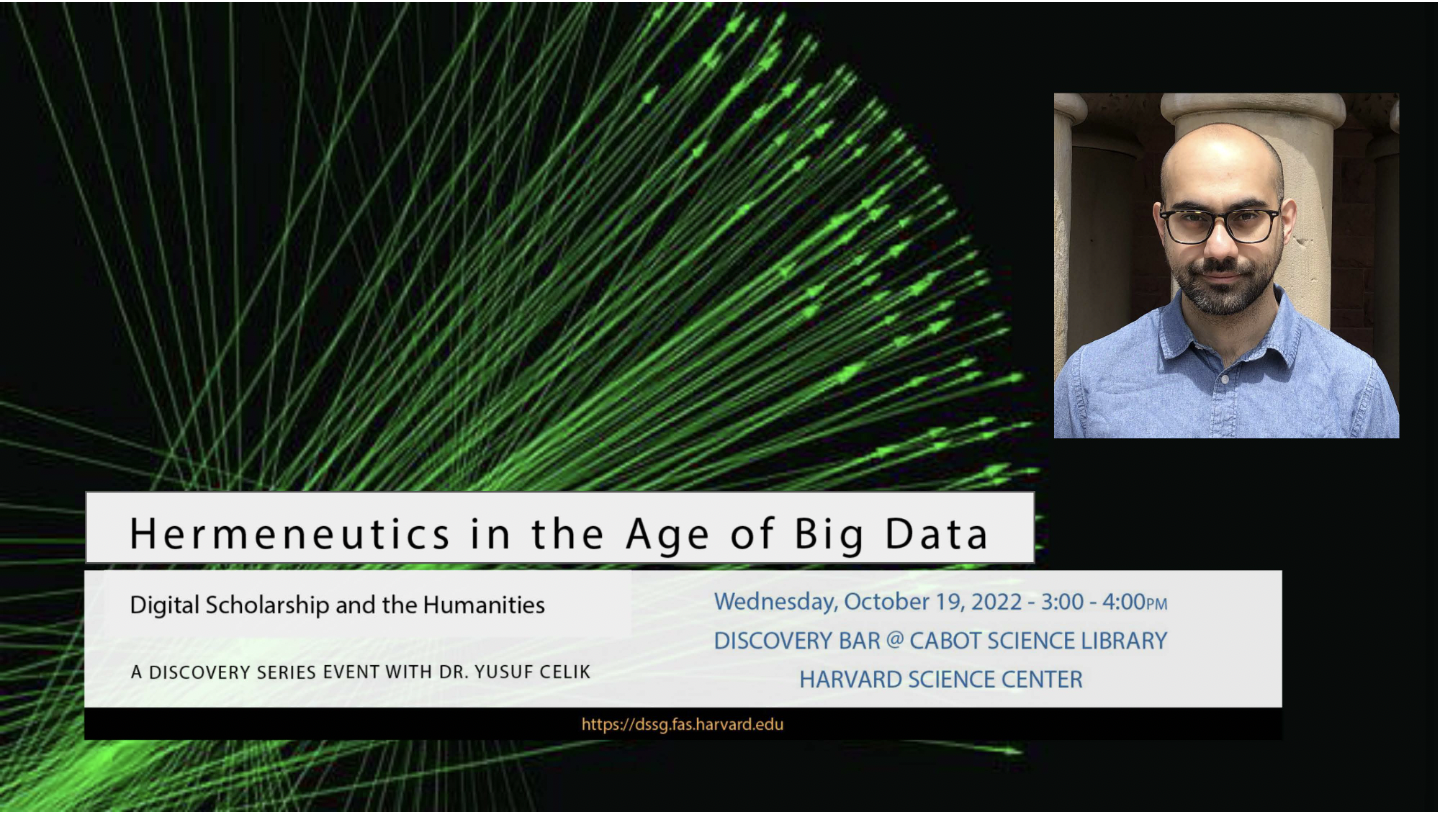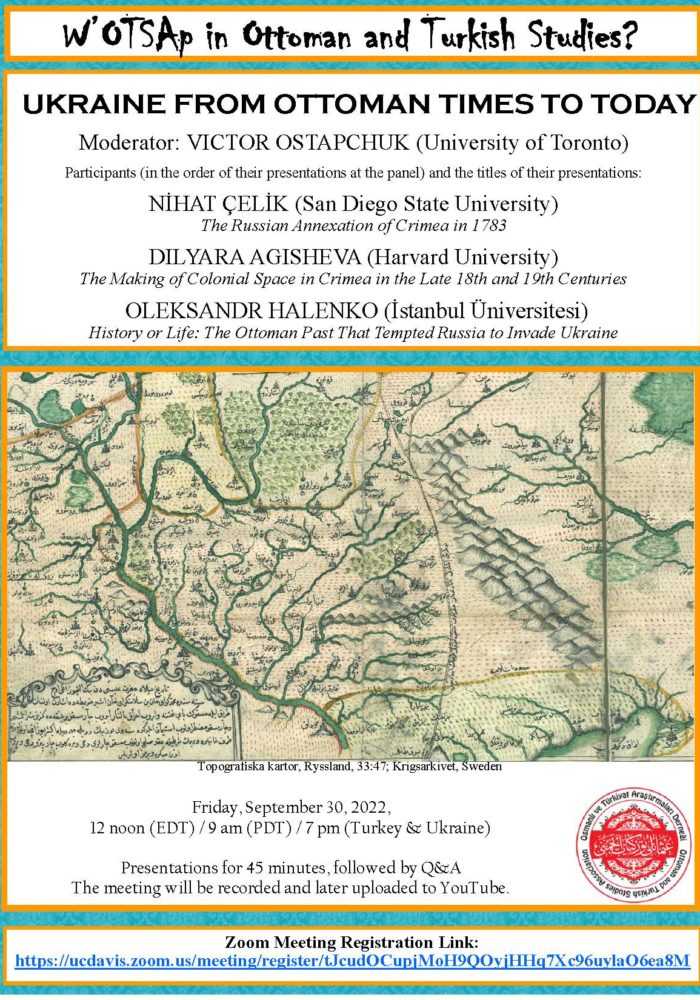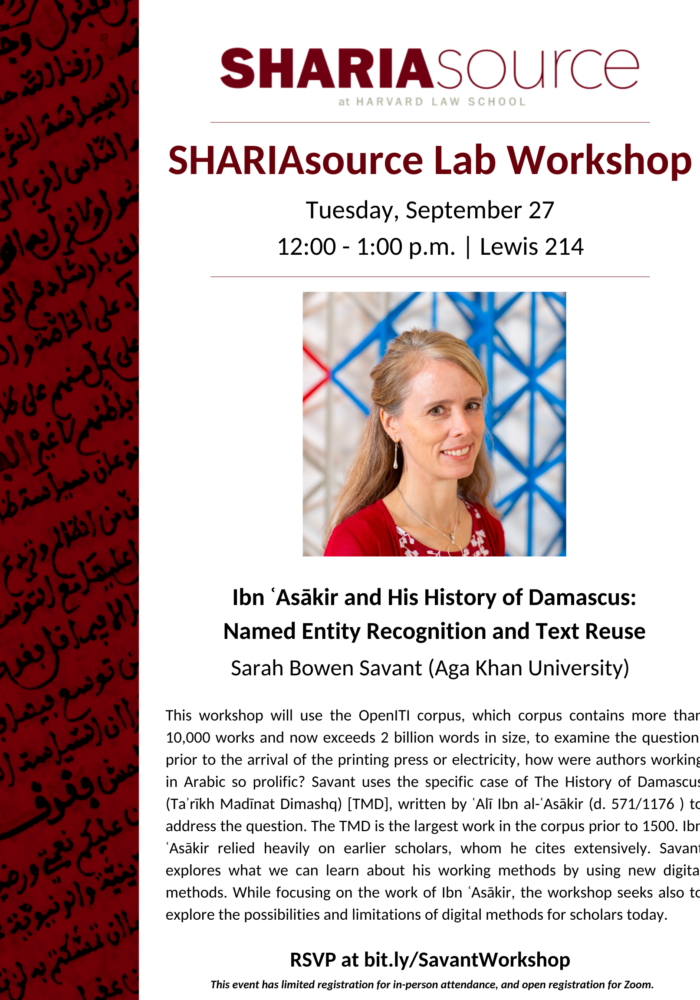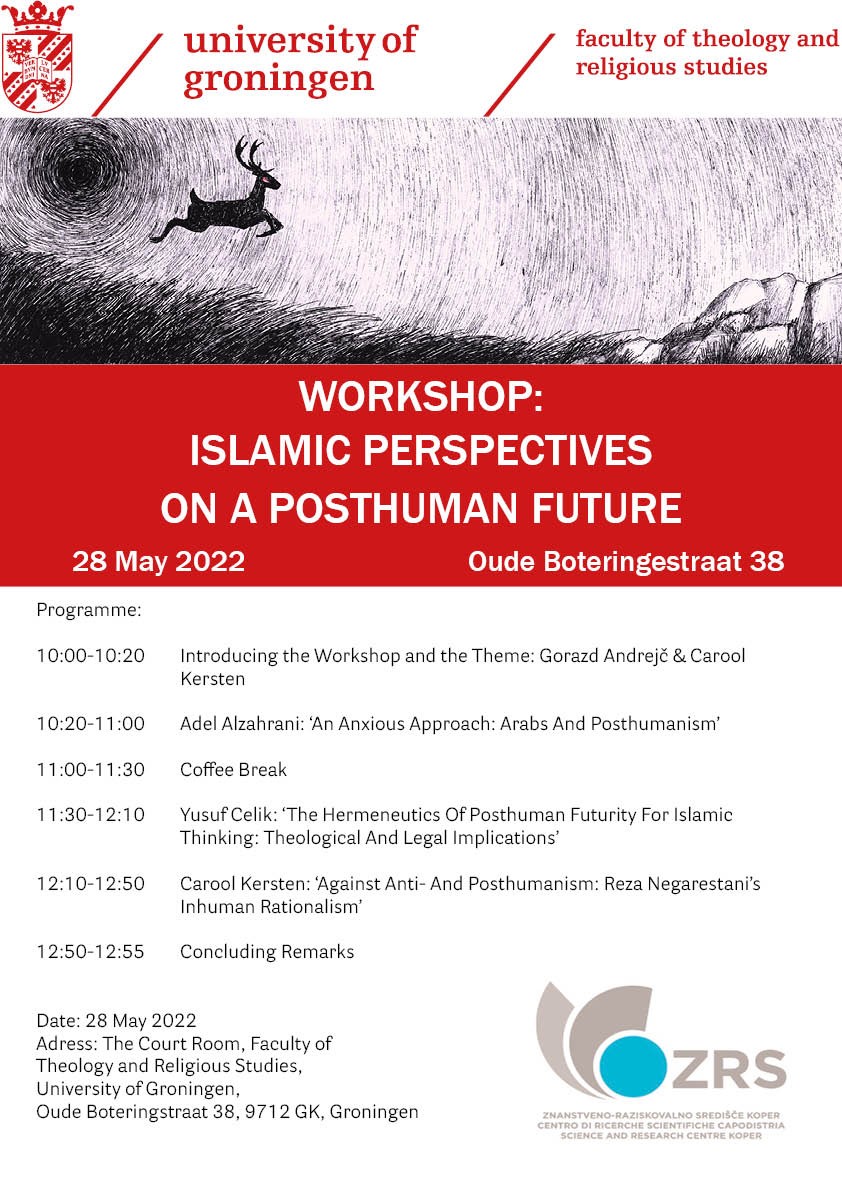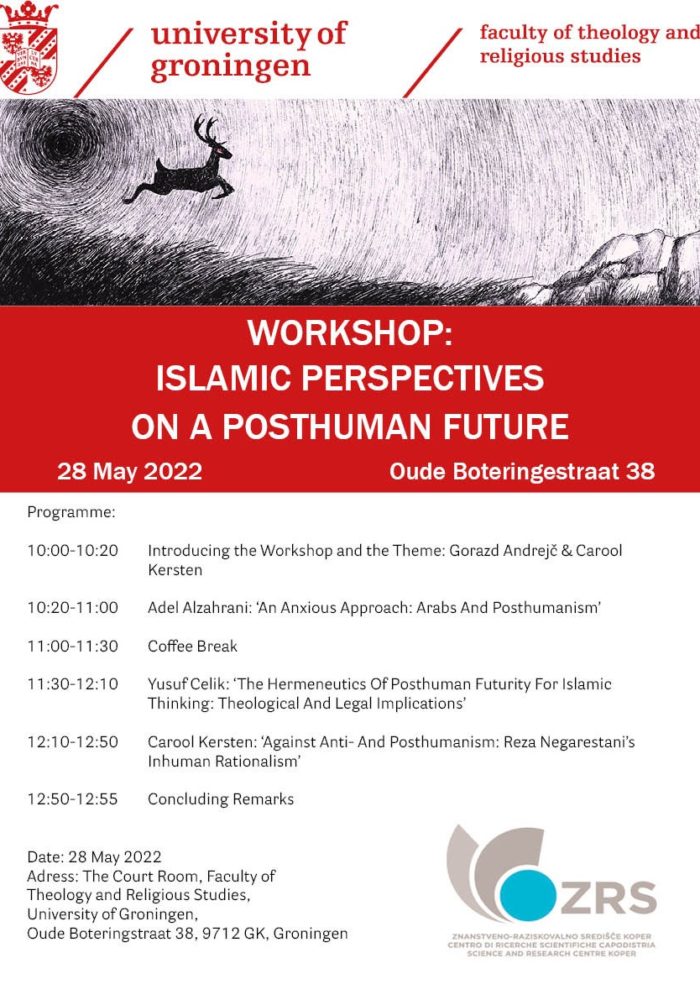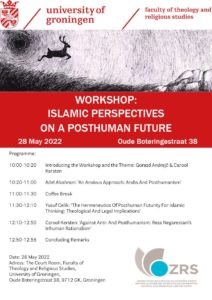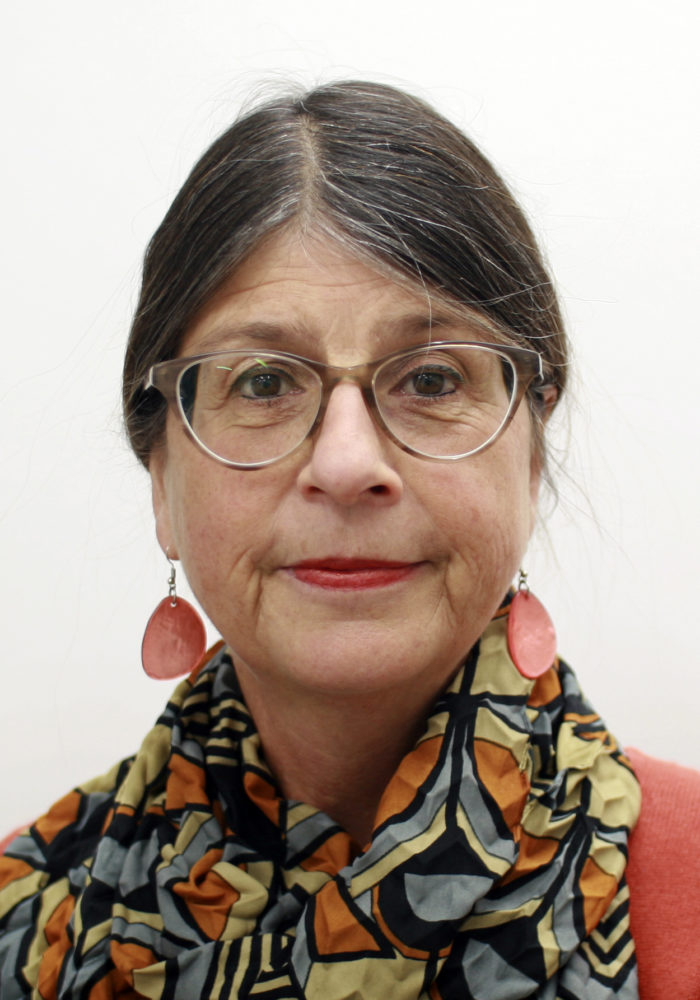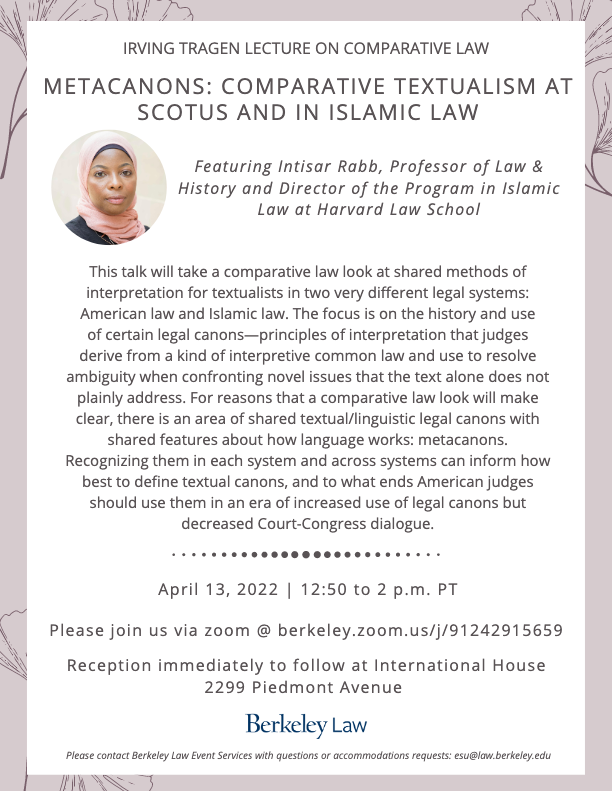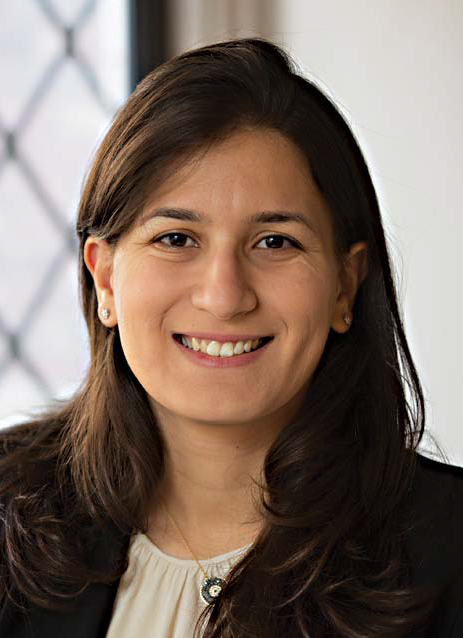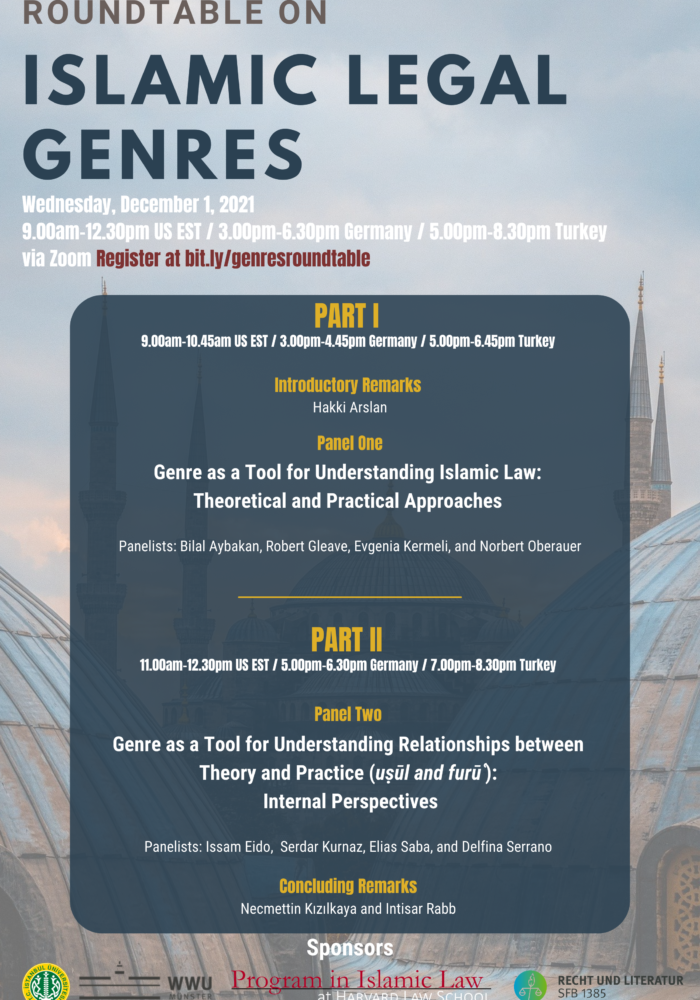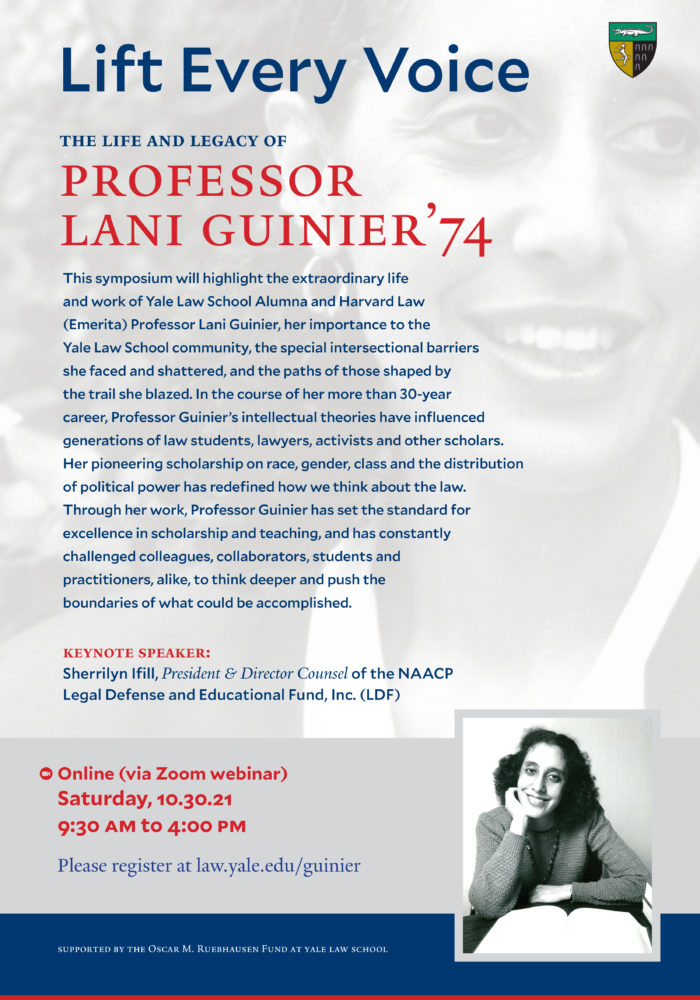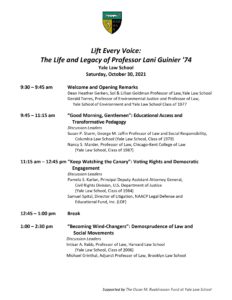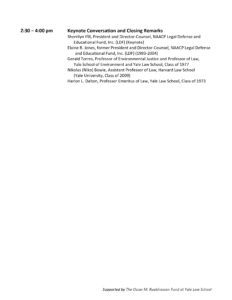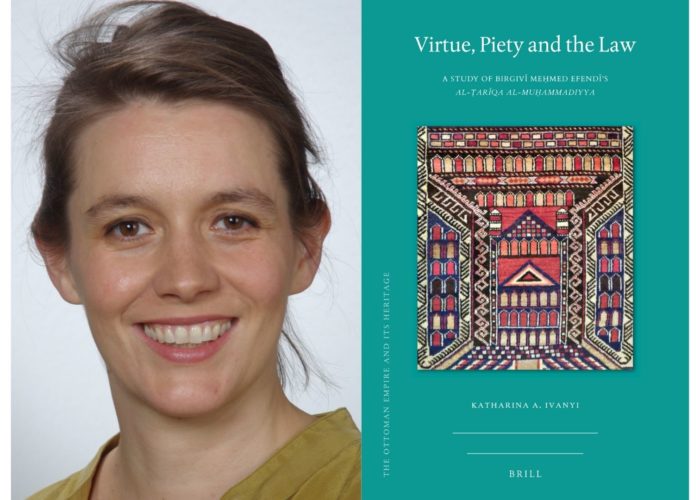Hermeneutics in the Age of Big Data, Yusuf Celik
Posted on October 18, 2022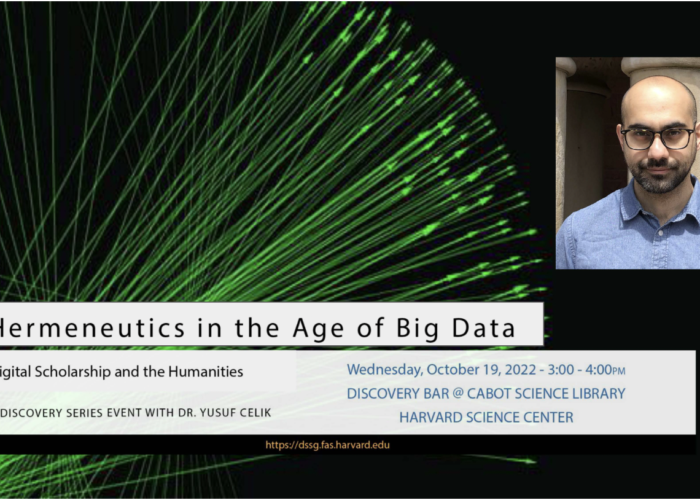
On October 19th at 3:00pm EST, PIL Data Science Fellow, Dr. Yusuf Celik, will be presenting Hermeneutics in the Age of Big Data at Harvard University’s Digital Scholarship Group. Data collection and interpretation are necessary parts of any kind of scholarly research. The extent and character of the data collected by a researcher has always been dependent on the types of tools and corpora known to the researcher. With the advent of technological advancements in the fields of data science, humanities scholars now have the means to gather and discover data at a scope and rate that was unthinkable before the advent of computers. However, while humanities scholars are slowly learning and integrating these new tools in their research, they must also confront the question of how to interpret the large amount of data that they gained sudden access to. In this Discovery talk, Dr. Celik will address this question in relation to a variety of case studies within the digital study of Islamic history and law.


